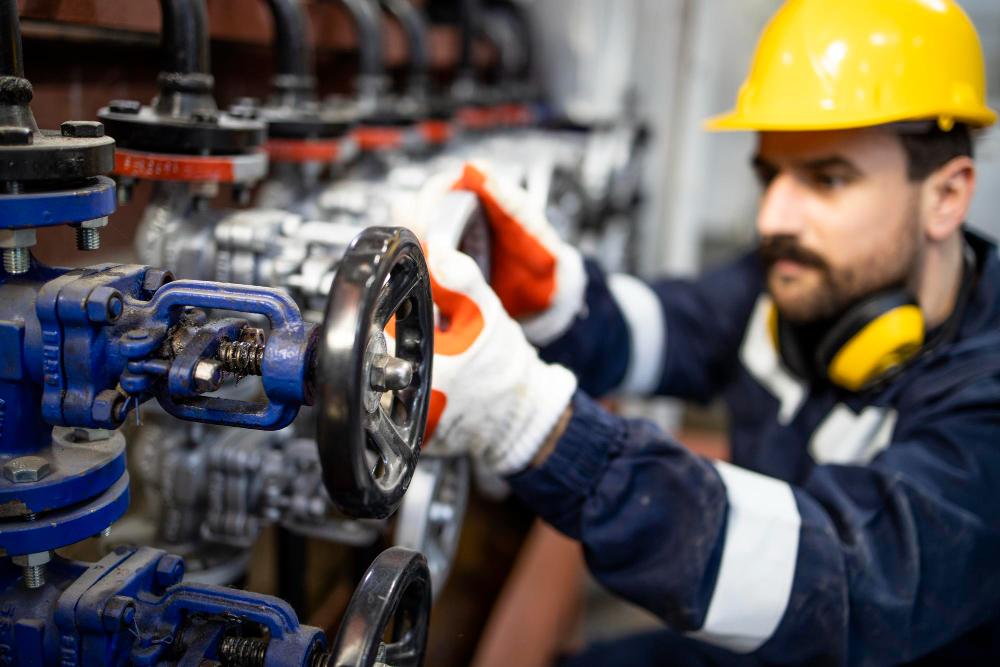Why is Industrial Maintenance Vital for Business Productivity?
In today’s business world, competition is fierce and efficiency is critical to survive and prosper. An essential part of efficiency in the industrial environment is maintenance. Proactive industrial maintenance is a practice that seeks to prevent problems and optimize the performance of equipment and systems in a company. In this article, we will explore the importance of industrial maintenance in business productivity and how it can make a difference.
Industrial Maintenance: More than a simple repair
Industrial maintenance goes beyond simply repairing broken machinery and equipment. It is a proactive approach that seeks to identify and address potential problems before they become catastrophic failures. By implementing a proper maintenance plan, companies can reduce downtime, improve efficiency and increase the useful life of their assets.
Resource Optimization and Cost Reduction
One of the key benefits of proactive industrial maintenance is resource optimization and cost reduction. When equipment and machinery operate efficiently and reliably, disruptions are minimized and costly unplanned repairs are avoided. In addition, regular, preventive maintenance allows small failures or deviations to be detected and corrected before they become major problems requiring significant investments.
Increased Productivity and Quality
Proactive industrial maintenance also has a direct impact on the productivity and quality of the products or services offered by a company. By ensuring that equipment is in optimal condition, it avoids interruptions in production and ensures a steady flow of work. This allows employees to focus on productive tasks rather than troubleshooting equipment problems.
In addition, the quality of products or services improves when well-maintained equipment is used. Proper maintenance reduces the possibility of errors and process failures, which translates into higher quality end products and more satisfied customers.

Occupational Safety
Proactive industrial maintenance also helps to ensure a safe working environment. Equipment in poor condition can pose safety risks to employees. By implementing maintenance programs, potential problems are identified and corrected before they cause accidents or injuries. This not only protects workers, but also avoids costly litigation and fines associated with workplace accidents.
Implementing a Proactive Industrial Maintenance Plan
To obtain the above benefits, it is essential to implement a proactive industrial maintenance plan. Some key steps include:
- Assess maintenance needs: Analyze equipment, identify high-risk areas and establish maintenance priorities.
- Scheduling: Develop a regular and preventive maintenance schedule, taking into account the manufacturer’s specifications and the specific needs of the company.
- Monitoring and logging: Record and track maintenance activities performed, as well as any relevant observations or findings.
- Training and awareness: Provide adequate training to employees involved in maintenance, as well as promote a culture of safety and proactive maintenance throughout the organization.
- Evaluation and continuous improvement: Periodically review the maintenance plan, analyze its effectiveness and make adjustments as necessary to optimize results.
Conclusion
Proactive industrial maintenance is a key factor in improving business productivity. By investing in proper maintenance, companies can optimize resources, reduce costs, increase productivity and quality, ensure occupational safety and strengthen their competitive position in the marketplace. Implementing a proactive industrial maintenance plan requires dedication and effort, but the long-term benefits make it worth every investment. Don’t underestimate the power of industrial maintenance: it is the foundation on which business success is built.






